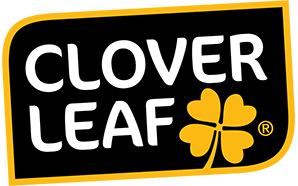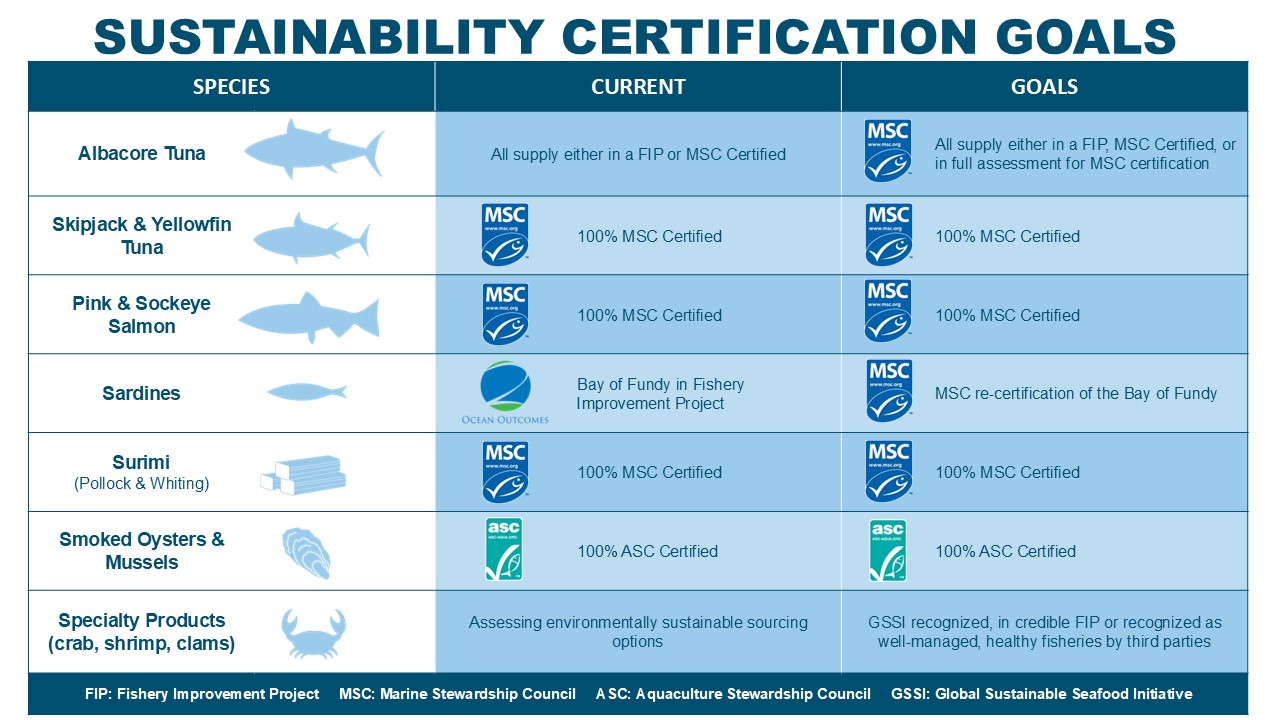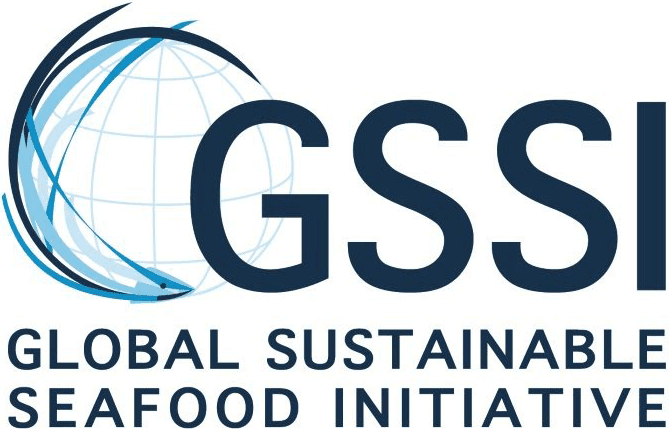FISH
SUSTAINABLE FISHERIES
No single aspect is more important, or more central, to the sustainability program of Clover Leaf Seafoods than working to ensure the sustainable management of fisheries from which we source.
Clover Leaf Seafoods is a founding member of the International Seafood Sustainability Foundation (ISSF).
ISSF is a partnership of scientists, the tuna industry, environmental champions, and charitable foundations that research, share, and advocate for best practices in sustainable fishing, and whose participating companies make commitments to conform to ISSF conservation measures.
ISSF’s objective is to continuously improve the sustainability of global tuna fisheries and the ecosystems that support them to result in those fisheries meeting and maintaining the MSC certification standard.
We aim to supply tuna from sustainable, well–managed fisheries, and from areas that have action plans to return the fishery to a thriving state. In addition, Clover Leaf follows ISSF’s best practices and independent science-based research to validate our approach.
A critical component in demonstrating transparency and compliance with ISSF conservation measures is the third-party audit of participating companies. These audits are conducted by the Marine Resource Assessment Group (MRAG) – Americas and evaluate company performance in meeting ISSF measures in a number of critical areas.
Clover Leaf Seafood’s audit results were once again outstanding with no non-conformances noted. We believe this is representative of our concerted efforts to ensure all Clover Leaf tuna products comply with ISSF requirements. We are proud of our results and we will continue to drive to maintain the highest standard.
Click here to view our 2024 Audit Report.



